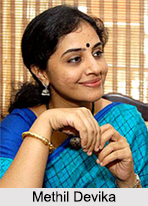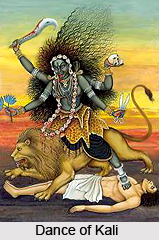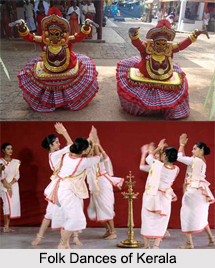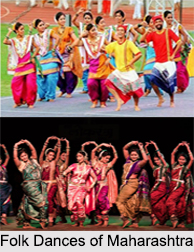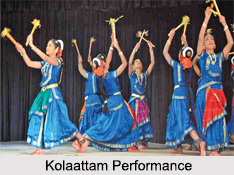Nandikeshvara was the great theorist on stagecraft of ancient India. He was a Sanskrit author who belonged to the second century. Owning to Bhasa, the most concrete examples of Nandikeshvara"s teachings have survived. Bhasa was a notable poet and playwright who wrote in Sanskrit. In his stage direction, Bhasa meticulously implemented a good number of theoretical instructions received from Nandikeshvara.
Works of Nandikeshvara
Nandikeshvara was the author of the Abhinaya Darpana. As per Ramakrishna Kavi, he seems to have preceded Bharata. Some consider him even to be the master of Bharata. The final penning of this work was known to have been completed after that of the Natyashastra.
Influence of Nandikeshvara
His influence has been deeper and wider on the concerned population than that of Bharata. In his Abhinaya Darpana one finds no hesitation in recognising the proximity of theatre with the place and the epoch that were Nandikeshvara`s. It has been observed that the actors of Koodiyattam put into practice the instructions that have been formulated by Nandikeshvara without knowing their source.
He distinguishes two sources of pleasure in the spectacle: a visual support and auditory. Visual support consists of dance, mimes, gestures, dramatic expressions of the eyes and the face. Auditory consists of the innate and potential wealth of a language, phonic as well as semantic.
Significance of Bhasa
A few years before World War I, Pandit Ganapati Sastri retrieved a bundle of about 2000 year old palm-leaf manuscripts near Padmanabha-Pura in the Kerala state of India. The manuscripts contained eleven texts composed by the legendary dramatist Bhasa. The texts represented the Dravidisation of Sanskrit language. Although the texts of Bhasa had mysteriously disappeared, his contributions had been, however, remembered by various artists in their respective works. Kalidasa himself mentioned him in his play malavikagnimitra in the 4th century, Banabhatta remembered him in his harshacharita in the 7th century and, early in the 8th century, he was remembered in the work of Bhavabhuti who was the author of the play malatimadhava. Also in the 12th century, Jayadeva, the author of the gita govinda had hailed Bhasa as the smile of the Goddess of Poetry
